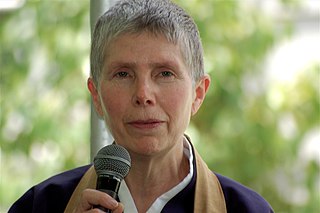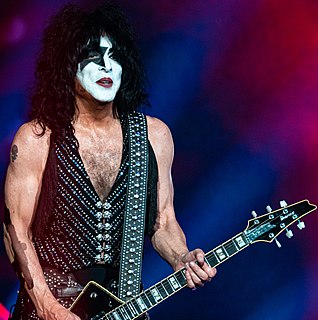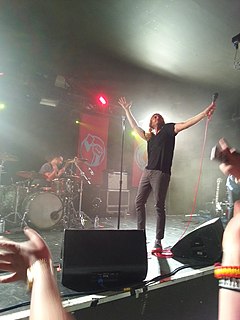A Quote by Oscar Wilde
Technique is really personality. That is the reason why the artist cannot teach it, why the pupil cannot learn it, and why the aesthetic critic can understand it. To the great poet, there is only one method of music - his own. To the great painter, there is only one manner of painting - that which he himself employs. The aesthetic critic, and the aesthetic critic alone, can appreciate all forms and all modes. It is to him that Art makes her appeal.
Related Quotes
It is the mark of great art that its appeal is universal and eternal.............. Great art remains stable and unobscure because the feelings that it awakens are independent of time and place, because its kingdom is not of this world. To those who have and hold a sense of the significance of form what does it matter whether the forms that move them were created in Paris the day before yesterday or in Babylon fifty centuries ago? The forms of art are inexhaustible; but all lead by the same road of aesthetic emotion to the same world of aesthetic ecstasy.
I was the first critic ever to win a Tony - for co-authoring 'Elaine Stritch at Liberty.' Criticism is a life without risk; the critic is risking his opinion, the maker is risking his life. It's a humbling thought but important for the critic to keep it in mind - a thought he can only know if he's made something himself.
Except that it’s not really 'now' that the inner critic attacks. It’s a few seconds or a minute ago. The inner critic depends upon comparison, and when we are fully aware in the present moment, when there is no past or future in our mind’s awareness, there is nothing to compare. There is only what is, as it is. The inner critic disappears.
Music critics are, for the most part, bitter people who are intent at dragging people down for being successful at what they want to do, which is probably music. The oddity of being a critic is: You don't get a diploma, you just decide you're a critic. If someone listens to your opinion rather than their own, it's their mistake. Any critic's top 10, any year, it's something controversial or something that will make them look hipper-than-thou. The whole critic game, we've never played.
It is necessary a writing critic should understand how to write. And though every writer is not bound to show himself in the capacity of critic, every writing critic is bound to show himself capable of being a writer; for if he be apparently impotent in this latter kind, he is to be denied all title or character in the other.
Everyone wants to understand art. Why not try to understand the song of a bird? Why does one love the night, flowers, everything around one, without trying to understand them? But in the case of a painting people have to understand. If only they would realize above all that an artist works of necessity, that he himself is only a trifling bit of the world, and that no more importance should be attached to him than to plenty of other things which please us in the world, though we can't explain them. People who try to explain pictures are usually barking up the wrong tree.
Perhaps the central question about [Eliot] Porter's work is about the relationship between science, aesthetics, and environmental politics. His brother, the painter and critic Fairfield Porter, wrote in a 1960 review of [Porter's] colour photographs: 'There is no subject and background, every corner is alive,' and this suggests what an ecological aesthetic might look like.




































